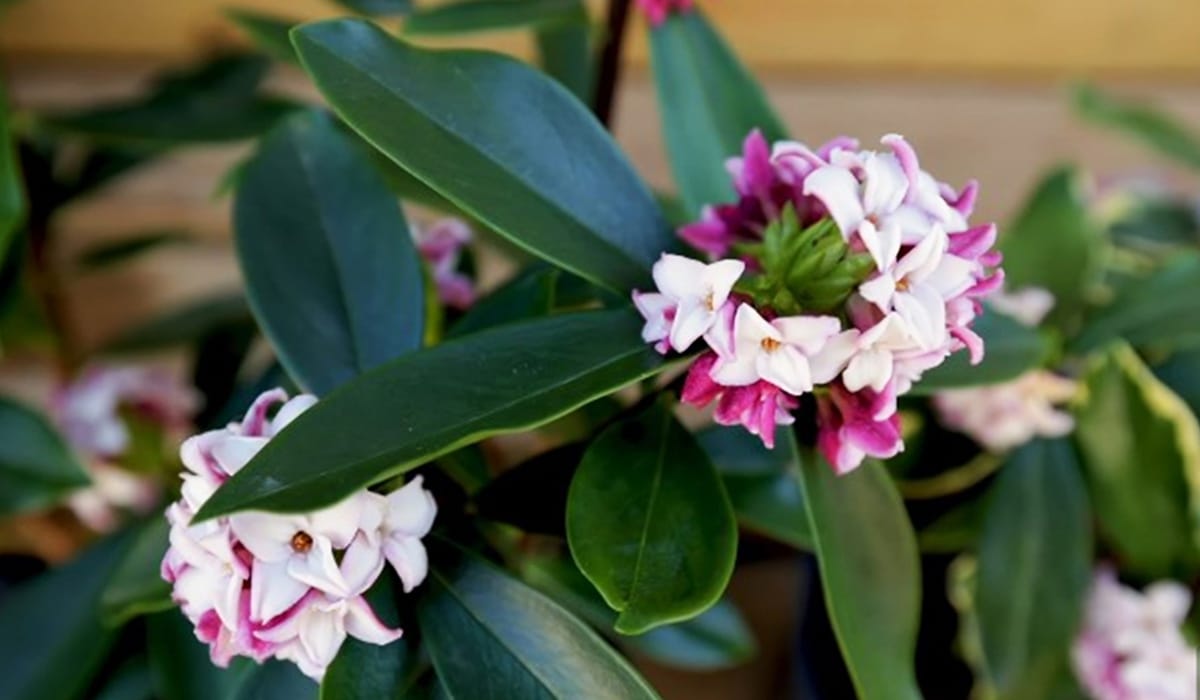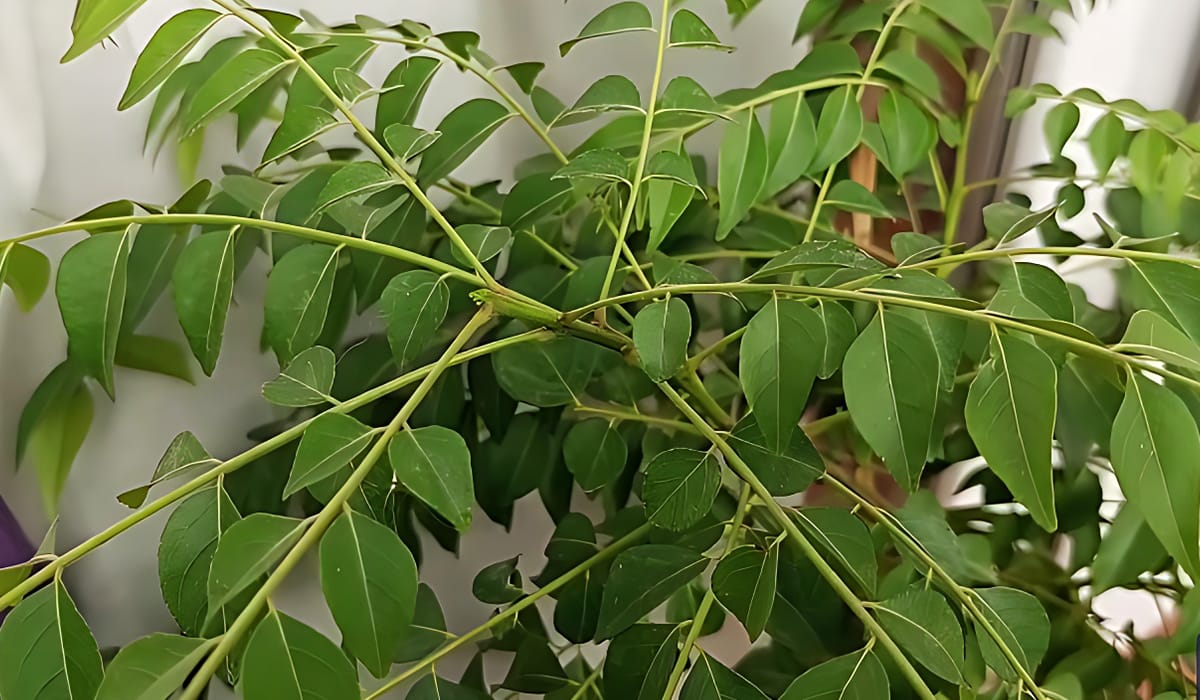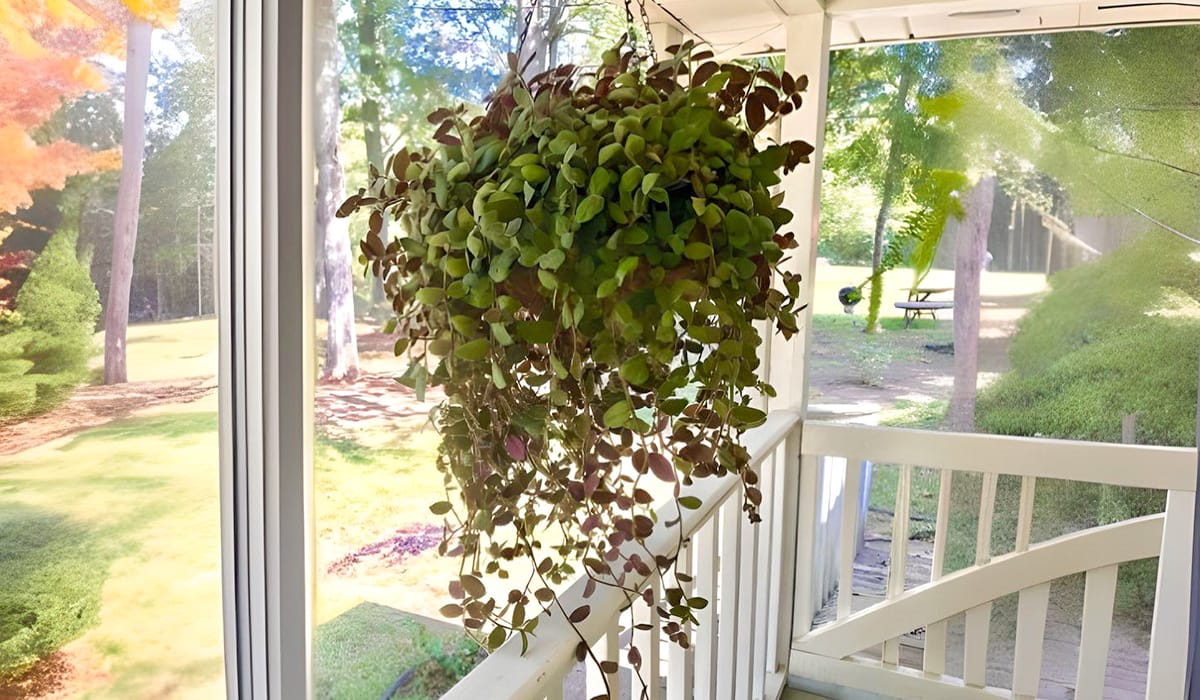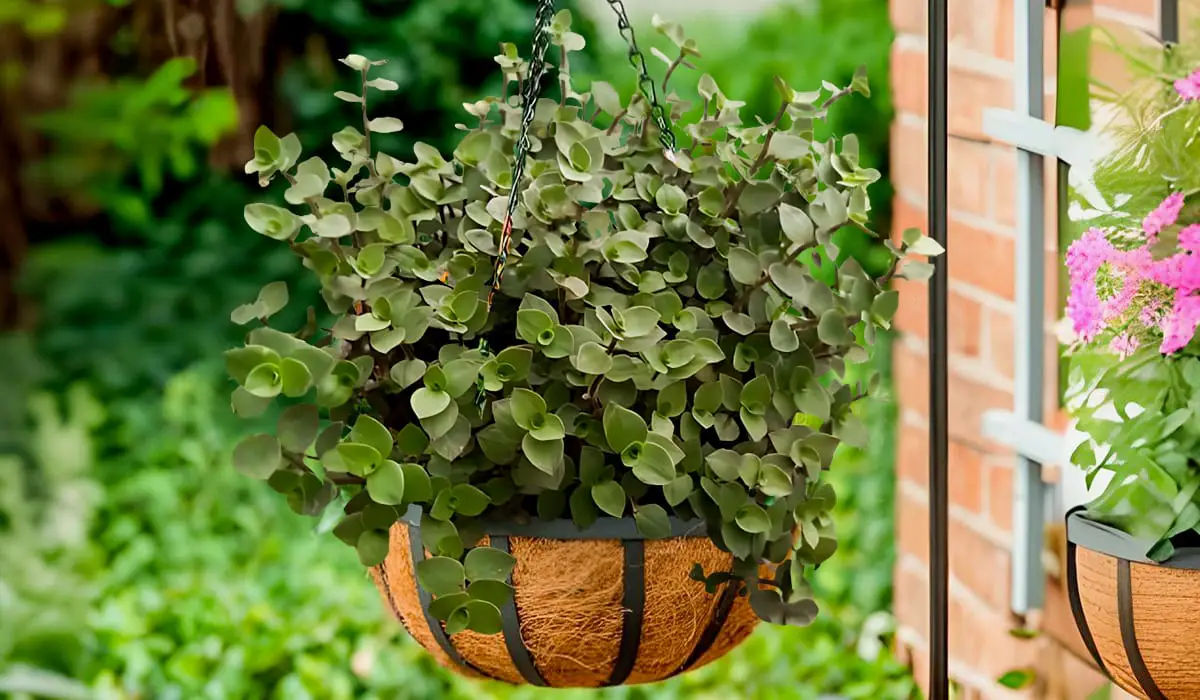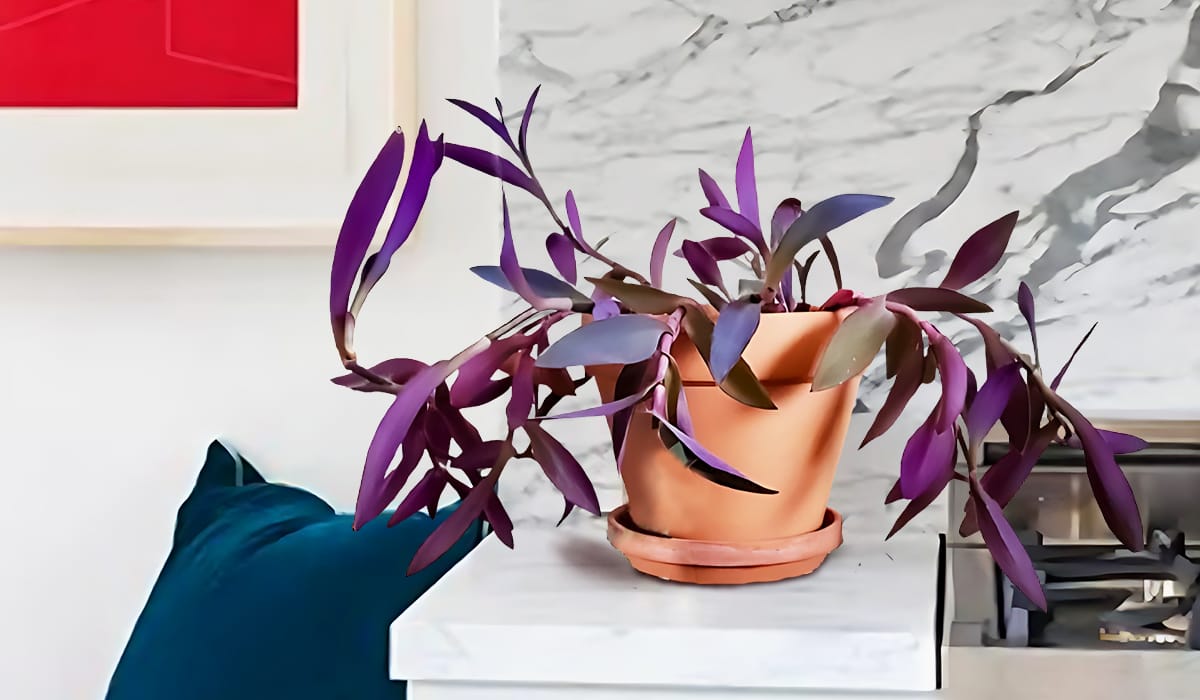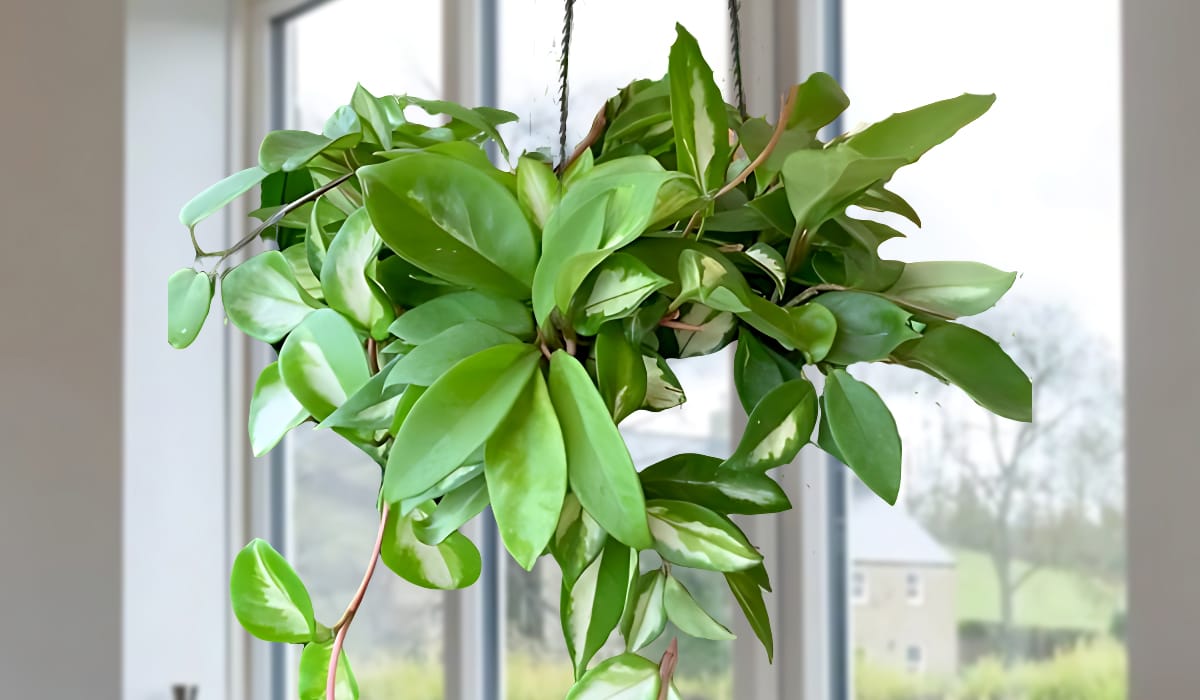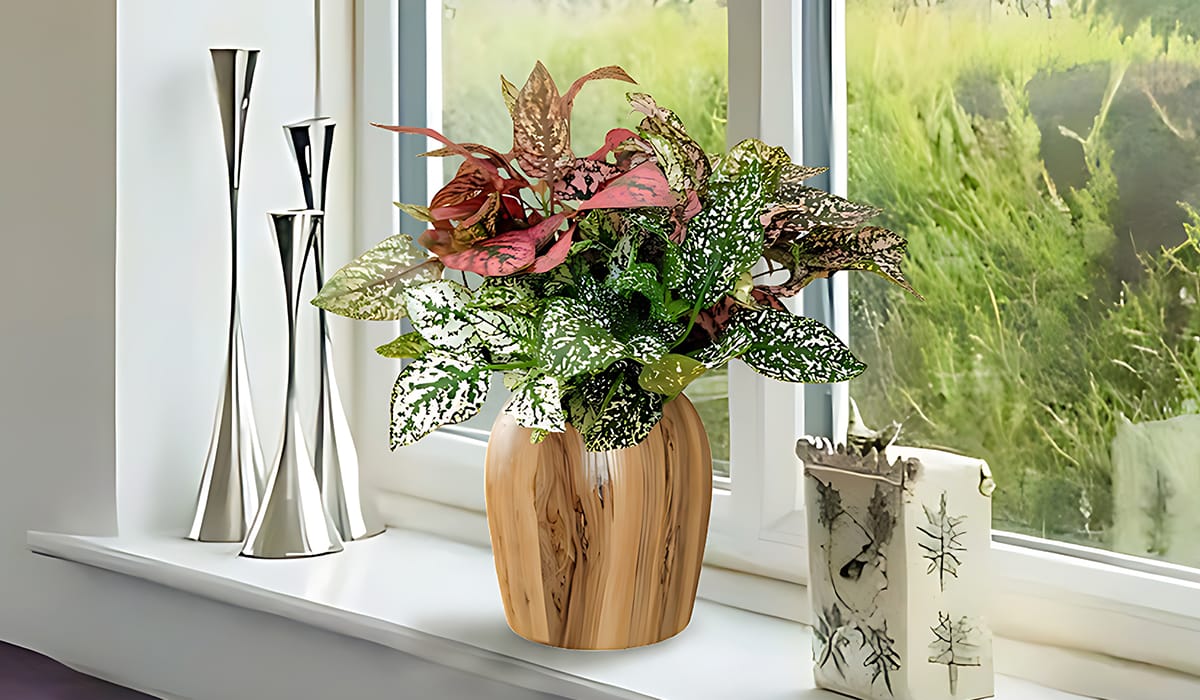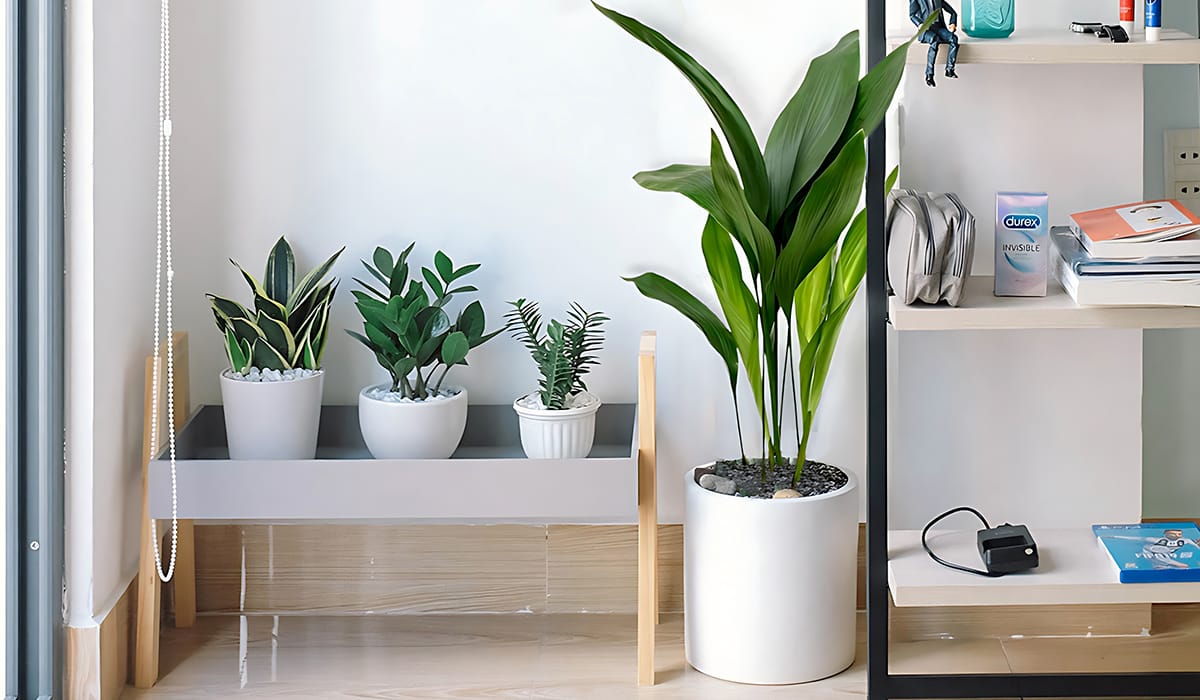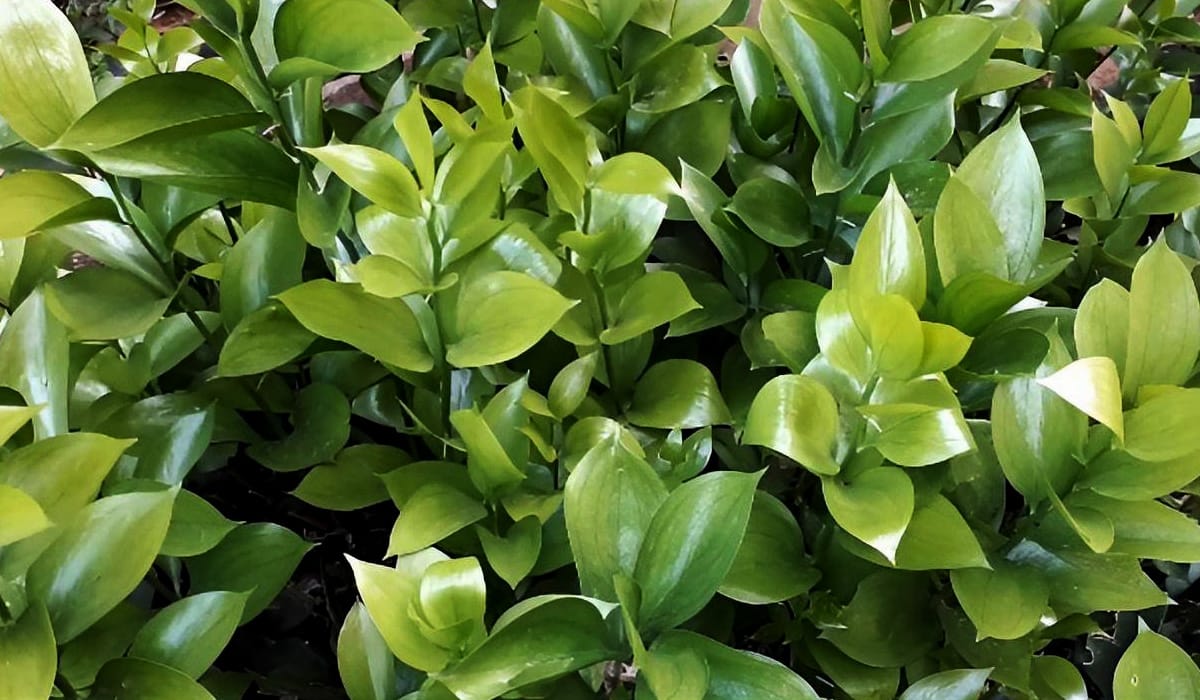
When it comes to enhancing the beauty of indoor spaces, house plants play a crucial role. The Israeli Ruscus plant stands out as a graceful and versatile choice among the myriad options available. In this guide, we will explore the unique characteristics of the Israeli Ruscus plant, its care requirements, and tips for cultivating this charming green companion.
Understanding the Israeli Ruscus Plant
The Israeli Ruscus plant, also known as Ruscus hypophyllum, is a member of the Asparagaceae family. Originating from the Mediterranean region, this evergreen perennial is celebrated for its striking lance-shaped leaves and ability to thrive in various indoor environments. Its aesthetic appeal and low-maintenance nature make it popular for plant enthusiasts and interior decorators.
Foliage:
The standout feature of the Israeli Ruscus plant is its lush, dark green foliage. The elongated, lance-shaped leaves create an elegant and timeless look, making it a perfect addition to modern and classic interior designs.
Versatility:
This plant's versatility shines through in its adaptability to different light conditions. While it prefers bright, indirect light, it can also tolerate lower light levels, making it an ideal choice for various rooms in your home.
Israeli Ruscus Plant Care Tips
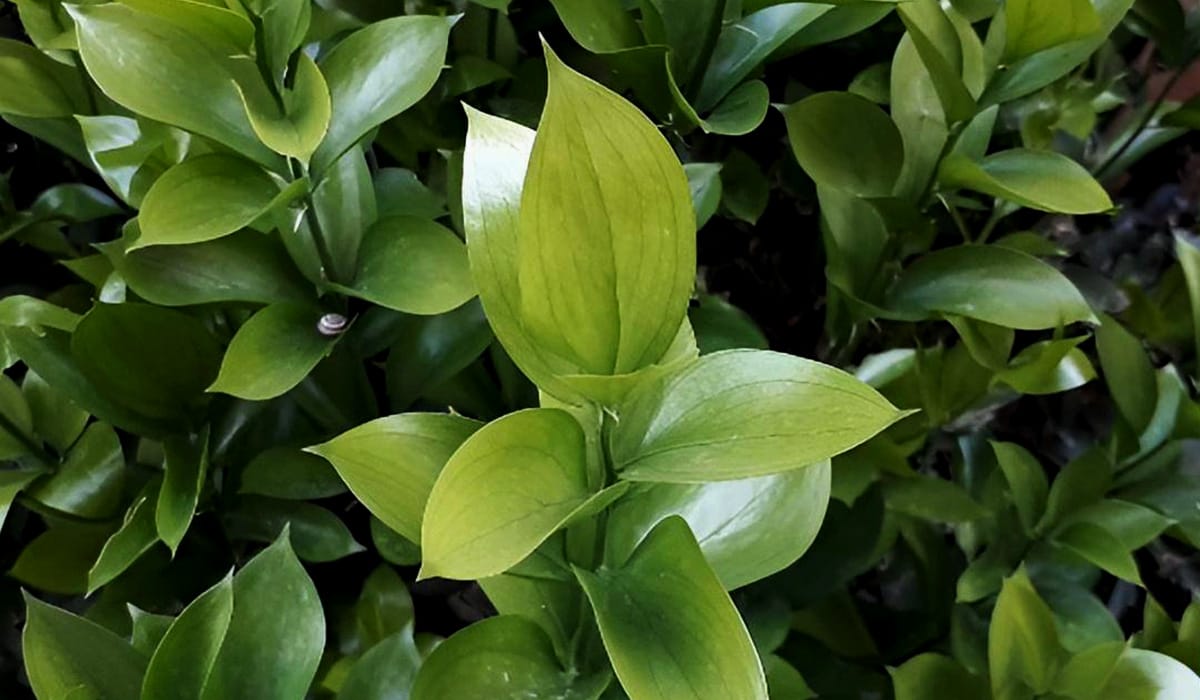
Light:
Provide your Israeli Ruscus plant with bright, indirect light. Avoid placing it in direct sunlight for extended periods, leading to leaf burn. However, the plant can adapt to lower light conditions, making it suitable for spaces with limited natural light.
Watering:
Maintain a consistent watering schedule, allowing the top inch of the soil to dry out between waterings. Overwatering can lead to root rot, so striking a balance is essential to keep your Israeli Ruscus healthy.
Temperature and Humidity:
This plant thrives in temperatures between 65-75°F (18-24°C) and appreciates average indoor humidity. Avoid placing it near drafts or heaters, as extreme temperature fluctuations can stress the plant.
Soil:
Use a well-draining potting mix to ensure proper aeration for the plant's roots. A mix designed for tropical plants works well for the Israeli Ruscus.
Israeli Ruscus Plant Propagation Tips
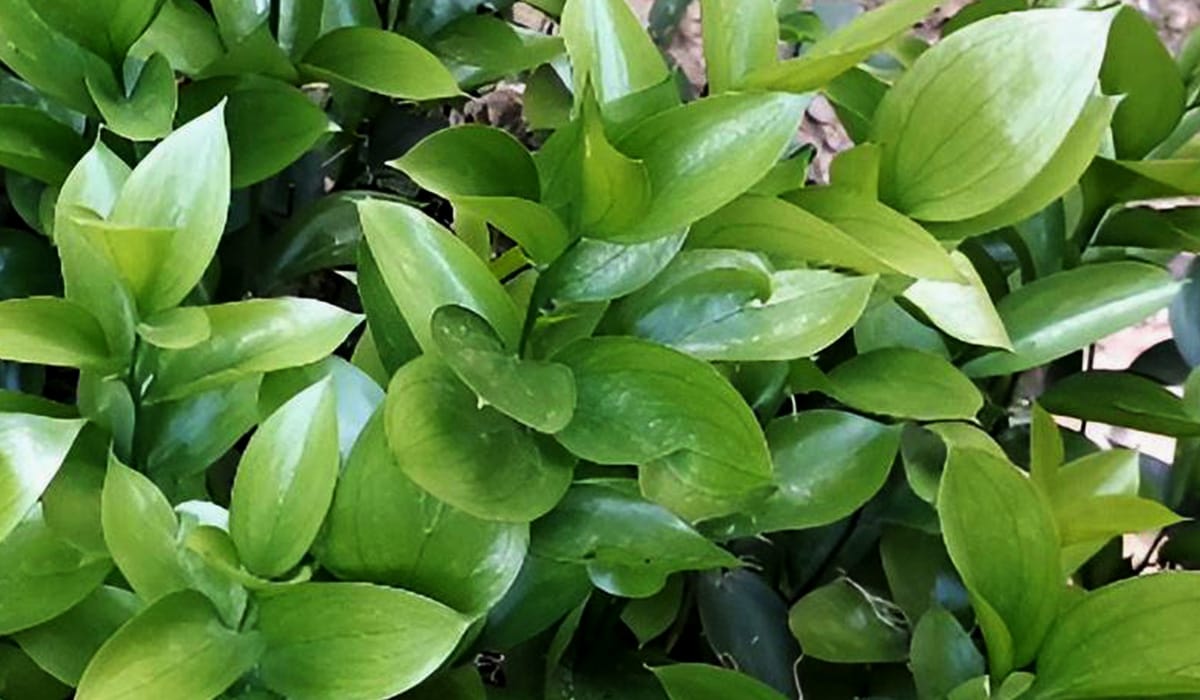
Propagate Israeli Ruscus through stem cuttings. Take a cutting with a few healthy leaves, dip it in the rooting hormone, and plant it in a small container with moist soil. Keep the soil consistently moist until the cutting establishes roots.
Pruning: Regular pruning helps maintain the plant's shape and encourages bushier growth. Trim any yellow or damaged leaves and pinch back the tips to promote branching.
Conclusion
With its captivating foliage and adaptability, the Israeli Ruscus plant is a fantastic addition to any house plant collection. By providing the proper care and attention, you can enjoy the beauty of this resilient plant while enhancing the aesthetic appeal of your indoor spaces. Consider bringing the charm of the Israeli Ruscus into your home, and let nature's elegance flourish within your living spaces.
Consider expanding your indoor plant collection with other easy-to-care-for plants like
- Purple Heart Plant
- Polka Dot Plant
- Lipstick Plant
- Wandering Jew Plant
- Pitcher Plant
- Pink Chinese Evergreen
Each of these plants offers its unique charm and benefits.
Thanks for reading this article. if you have any questions must comment and contact our team. don't forget to share this article with your friends.

